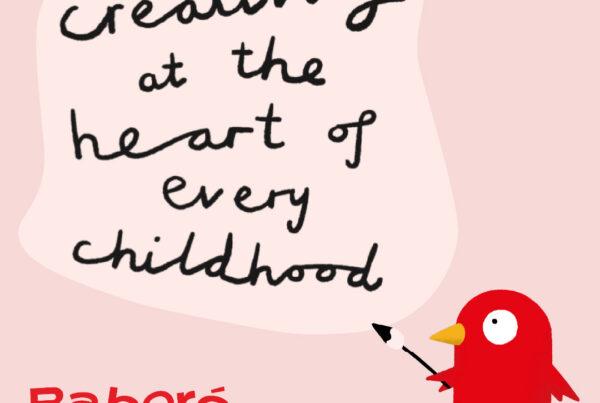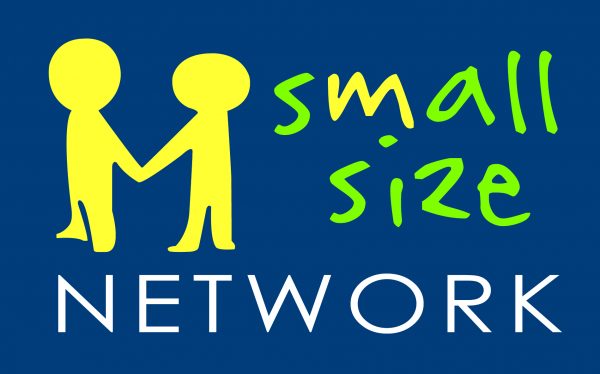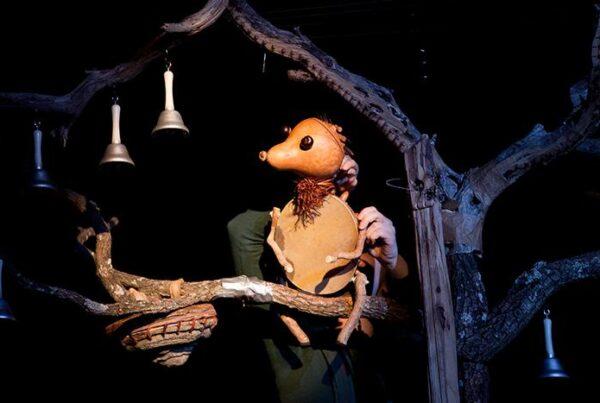By Cliodhna Noonan
I have just returned from the ASSITEJ International World Congress and Festival in Cuba. My participation was supported by Culture Ireland. On my return, it struck me how much this community of artists and producers, researchers and journalists, has affected my life’s journey to date. Parallel to my own journey, I have witnessed huge developments in our national policies and strategies in Ireland relating to theatre and performing arts for young audiences in particular. Sometimes, as an exclusively early years artist and event organiser, and operating within the restricted framework of being a “sole trader”, it is easy to feel like an imposter in the field. However, after this latest incredible and affirming experience in Cuba, I encourage any small scale or individual operator to become involved, to look, listen and learn, to bring back expertise and knowledge to your place of work and to reach more and more children in the communities in which we live and breathe, creating a better future for all on our planet.
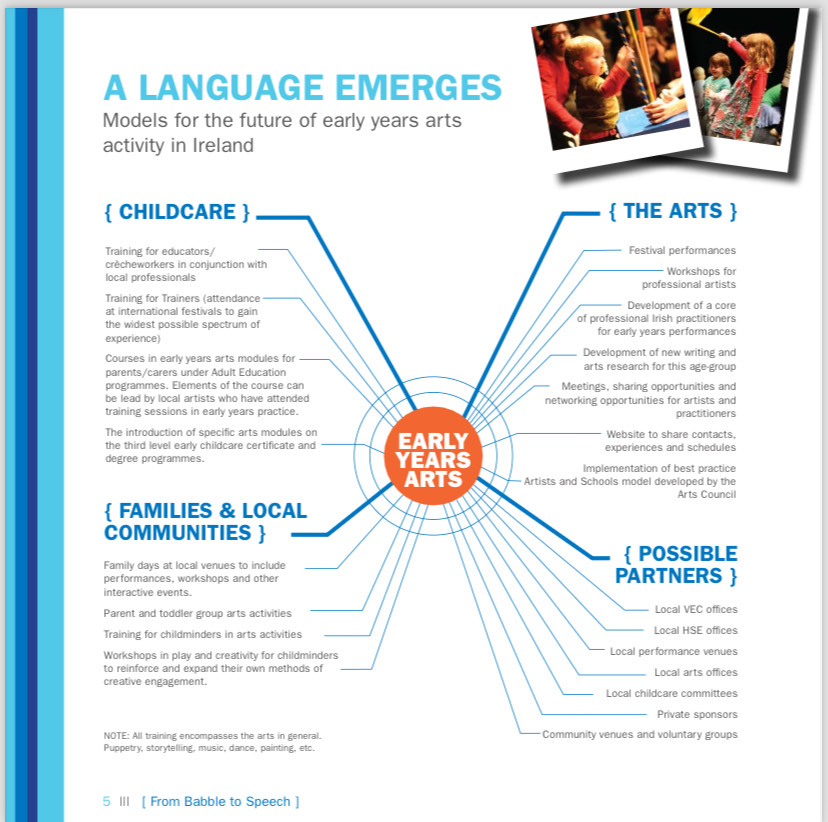
Back in 2008, I remember producing the above document with the support of the Irish Arts Council. It outlines the many players in the field of Early Years Arts who could collaborate with and input on a national development plan just in this specific area. Over the years, and with documentation of events, impact and audience development, the early years arts sector in Ireland has exploded. We have a spectrum of expertise operating from grassroots level like Grasshoppers Festival to full-ticket-price paying audiences at highly professional large scale festivals and events like Baboro Festival.
Where once the source of funding for any arts related activity was predominantly the Irish Arts Council, now within the early years arts sector alone, there are cross-departmental government initiatives, collaborations with third level institutions, local arts office funding schemes with bursaries, and dedicated collaborative schemes across multiple councils in the Dublin area in particular. At the same time, a focus on the early childhood education sector itself has seen the implementation of a curriculum (Aistear) with its four pillars (Identity and Belonging, Communication, Exploring and Thinking, and Well-Being.) Almost every arts experience presented to the sector has these pillars at its core. This has also created a more focused and child-led environment for early years settings, where the voice of the child is actually heard.
Funding for the new initiatives comes from a number of sources. The DCEDIY now collaborates with the arts council to run a scheme called the Arts in Early Learning and Childcare. Artists may apply for up to 40,000 euros to work directly in settings with staff and children. The YPCE section of the arts council also manages schemes like the YPCE Artist in Residence, where an EY artist works within a teacher-training third level institution with degree level students who will work in the sector after their graduation. Again, artists can earn up to 20,000 euro on this scheme. Project grants (for professional artists) are up to 80,000 euros and include early years environments. Bursaries for exploring new ideas are up to 20,000 euros and EY artists are also eligible for these funding opportunities. The recognition of the art form is clear in the Irish context. We have a wonderful Arts in Education portal with annual professional documentation awards which create an archive of the incredible work being carried out with young audiences and teachers in situ. We have a Creative Schools initiative and the Teacher Artist Partnership. All schemes are open to all independent artists to apply.
Most professional arts venues and networks of venues now have a level of early years arts programming that is visible and collaborative with their local communities. I myself am an artist in residence at Axis Theatre in Ballymun in Dublin, with the sole purpose of creating an early years hub serving all children in the area aged 0-6 regularly. I believe that a vibrant sector for early years begins with grassroots regular sessions and develops an audience with critical skills by the age of 4 that then seeks more experiences inside the theatre space and with a ticket price attached.
The Artist in Residence scheme with third level universities covers the final cohort – the future educators. As both an artist in residence myself on the scheme for the past 2 years and a newly appointed lecturer at Dublin City University on socio-dramatic play, I am gaining first-hand knowledge about the approach to creativity in the EY setting and how to instil it in future educators. The hands-on activity which I provide regularly has given students agency over their own creative processes and linked this agency with a new desire to instil the same sense of fun and process-led creativity into the children attending the settings. It would be an enormous task to individually provide creative sessions in every setting in Dublin, Galway and Mayo, but by addressing the educators’ own sense of creativity and play, through the practices shared in the new module, the ripple effect is clear. Future educators begin to believe that they can deliver some of the creative play themselves, and then they progress to searching for a special event like a performance at an arts venue for their outings, or guest artist visits at the setting. The partnerships between artists and educators are strengthened and grow into the future.
The future looks bright. For anyone considering how a small-scale operator can input, influence and encourage the growth of a sector in TYA, let’s get together and do this! Assitej International and its Smallsize Network is a global family and we can add to the family album by contributing our small successes also within the wider context. Storytelling has been around since time began. The Mapping research has put early years arts firmly into the spotlight. We need to continue to share our stories and create new frameworks together for the next chapters in our professional lives.
Cliodhna Noonan (cliodhnanoonan@gmail.com)
www.actinguparts.weebly.com
Smallsize Network member
TYAI national centre member
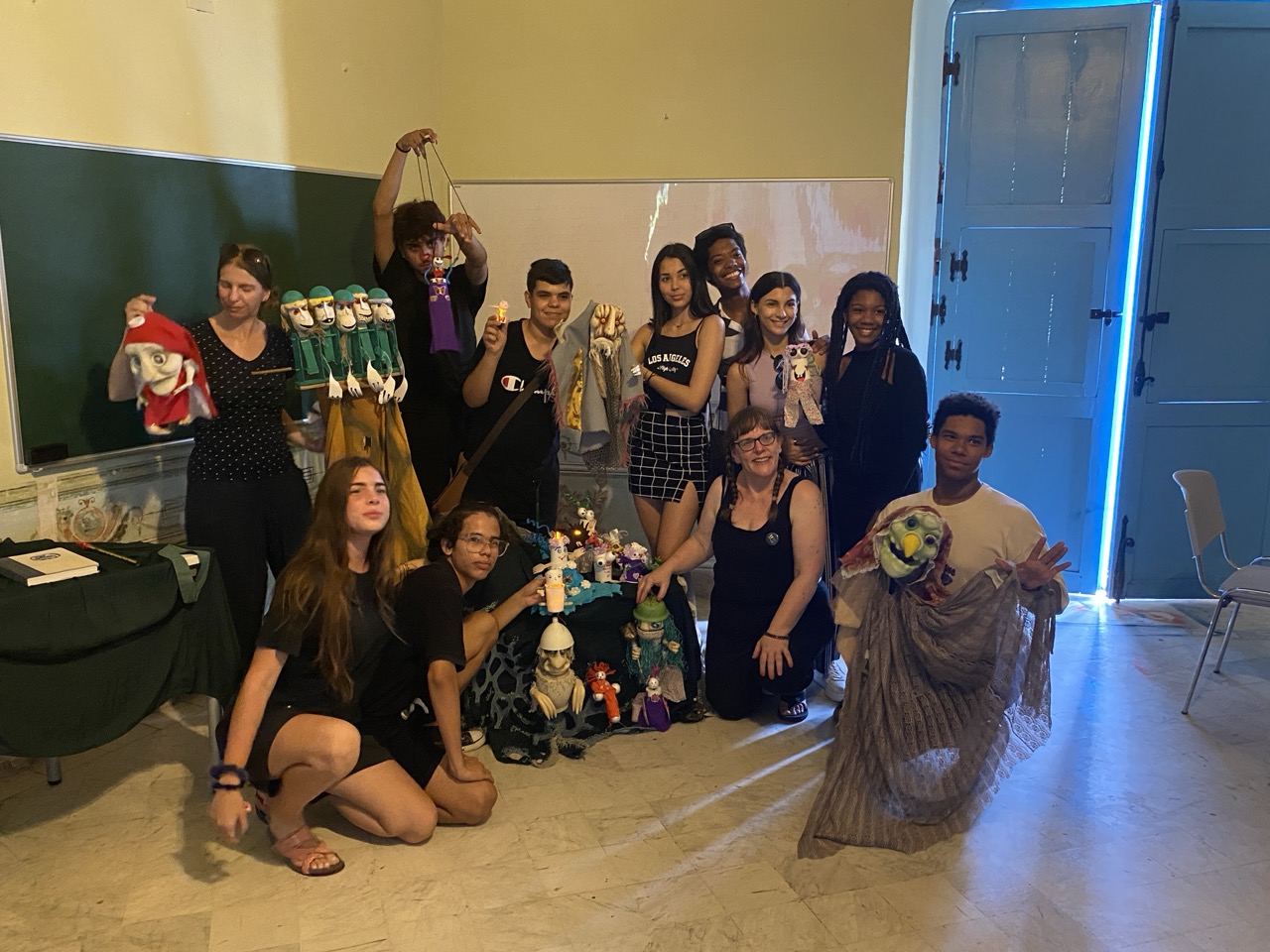
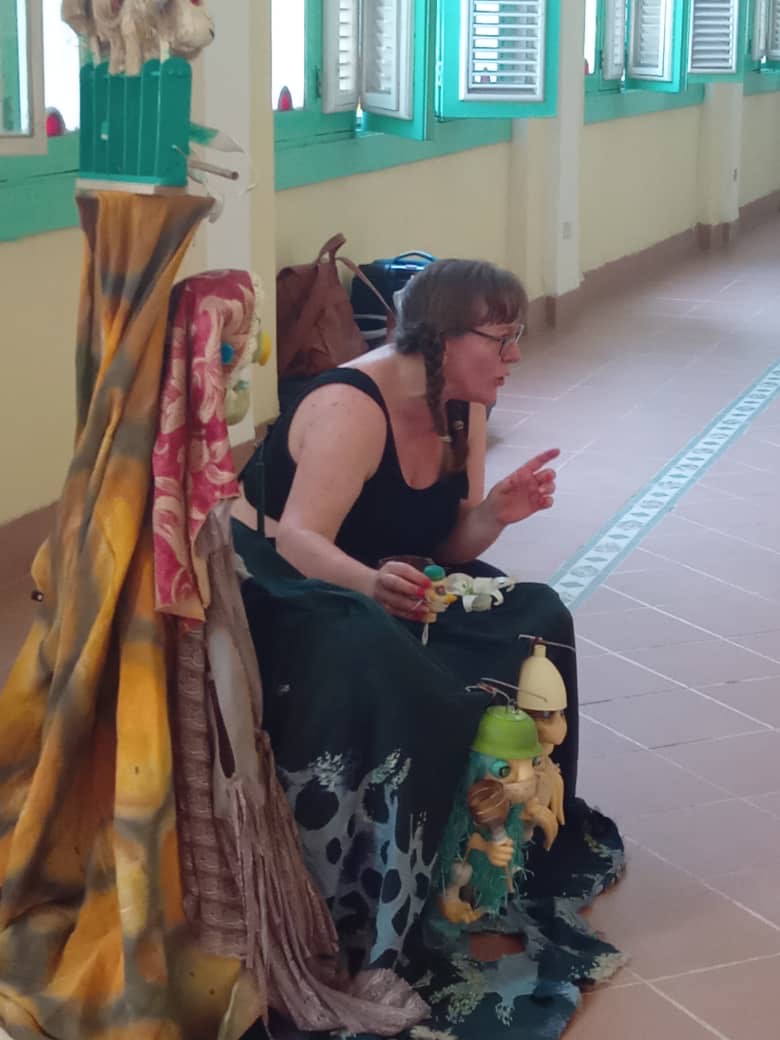
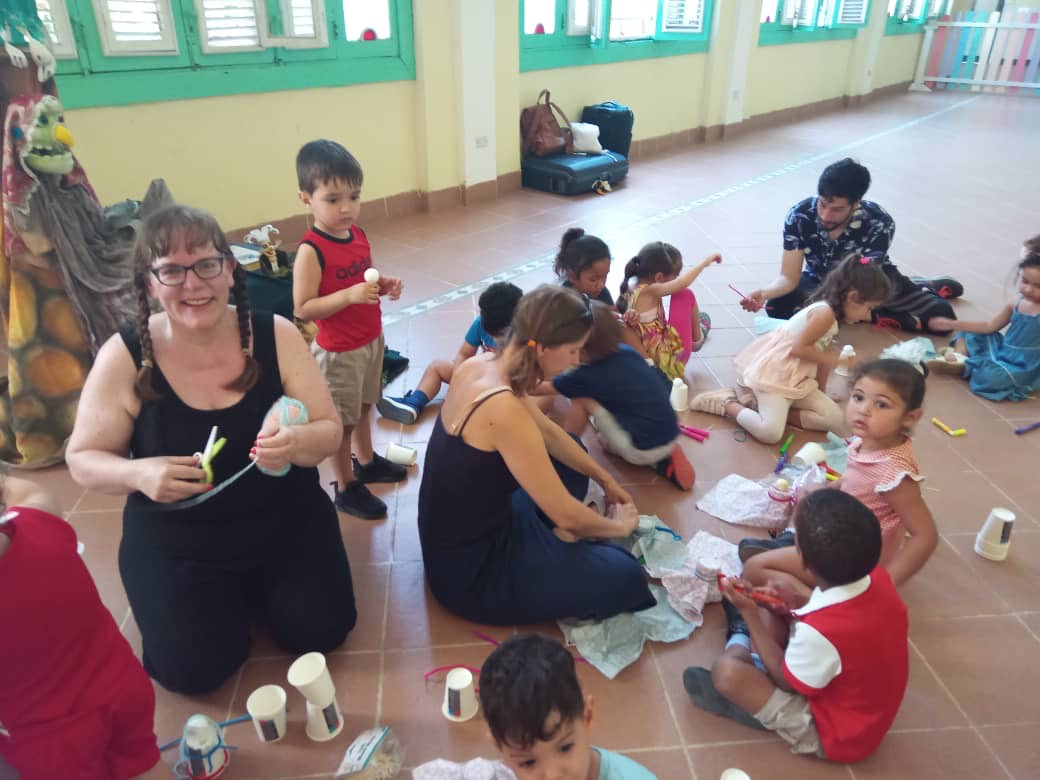
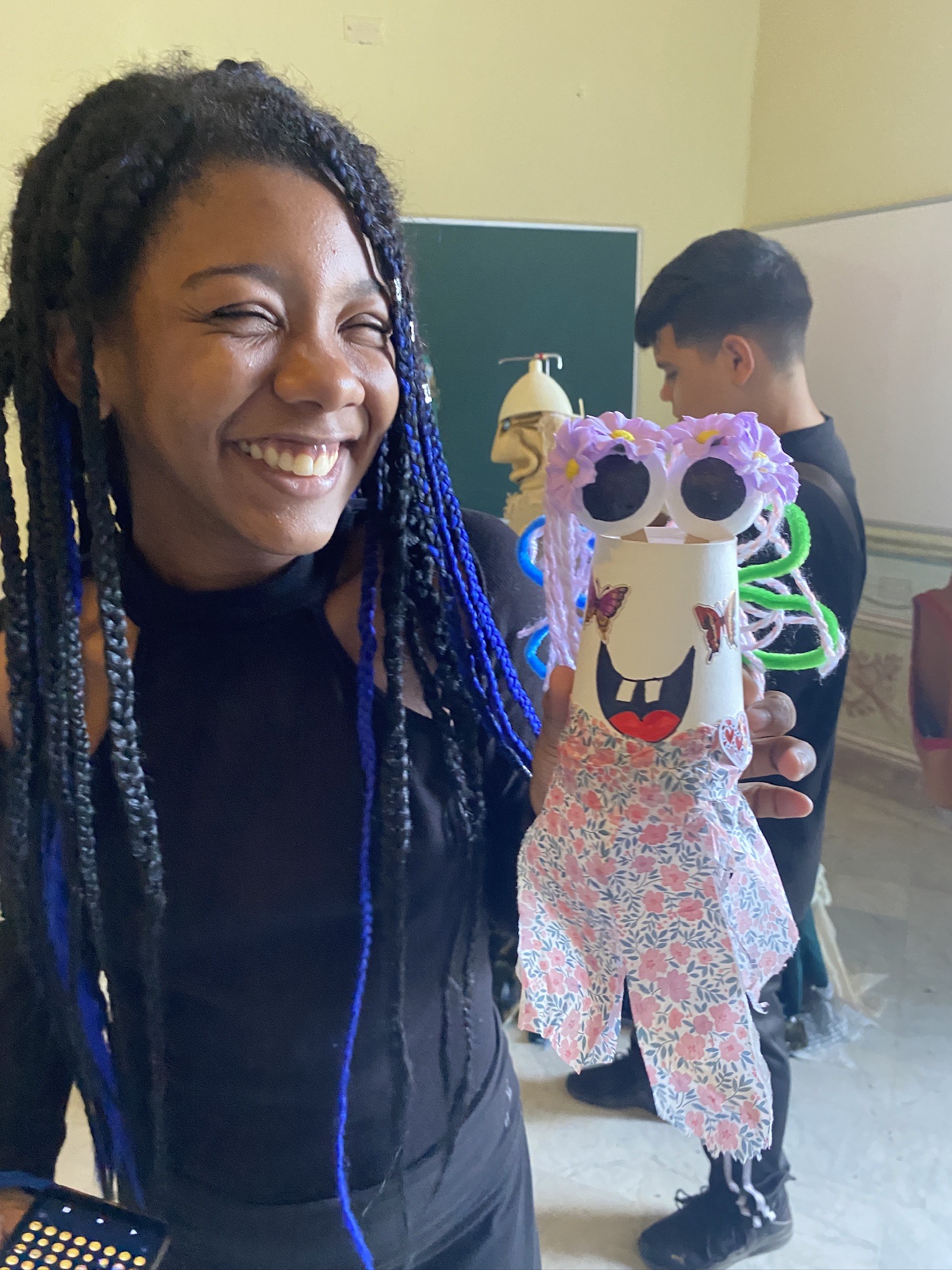
Photo Credits : David Noonan
Venue: El Arca Puppet Theatre Havana, Cuba


